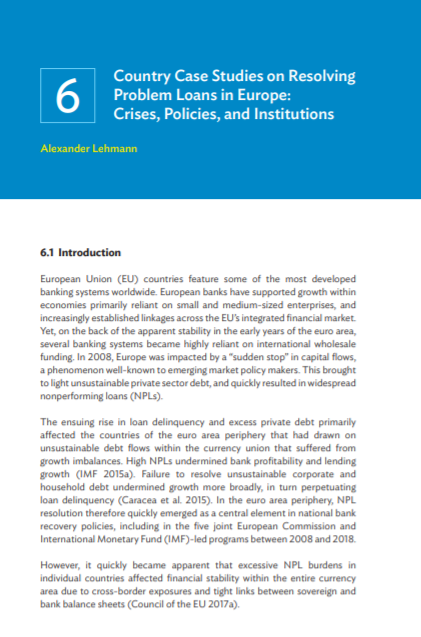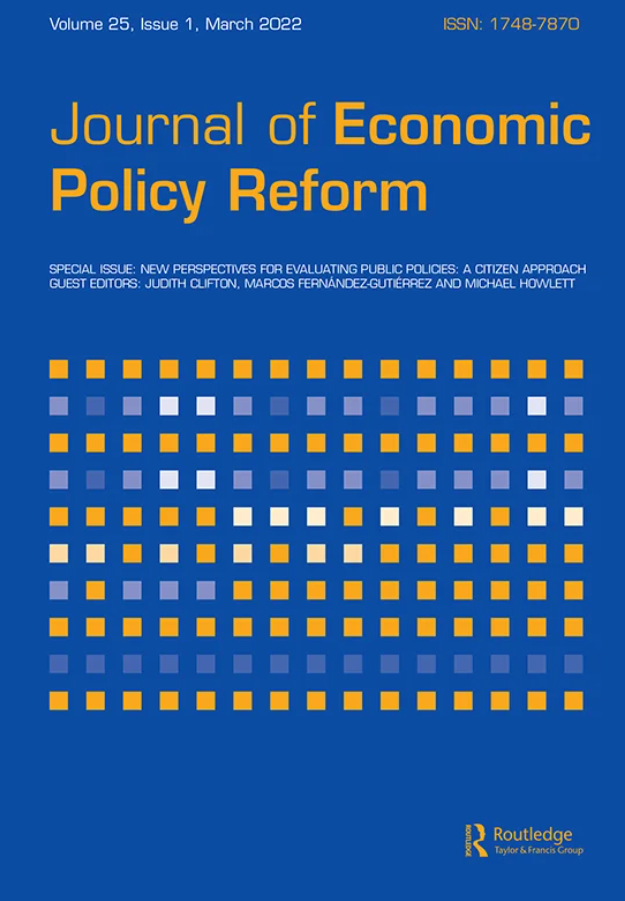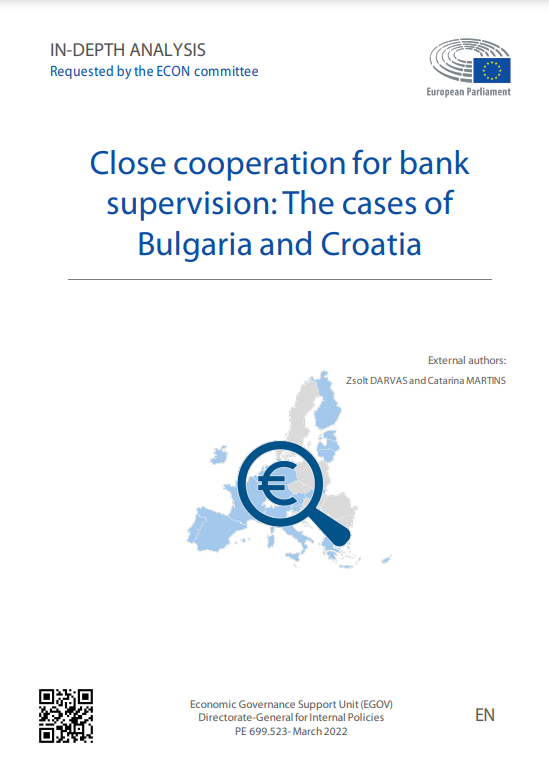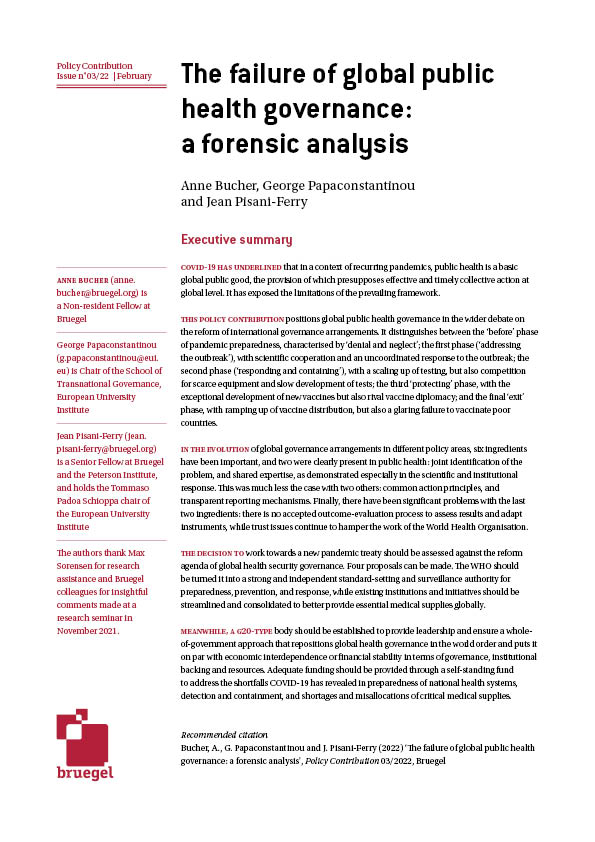External Publication
Country case studies on resolving problem loans in Europe: Crises, policies and institutions
Contribution to 'Nonperforming Loans in Asia and Europe—Causes, Impacts, and Resolution Strategies' published by the Asia Development Bank.
This book traces trends in nonperforming loans (NPLs) during and after financial crises in Asia and Europe. It examines the impact of high NPLs, compares the effectiveness of resolution strategies, and explores policy considerations.
In Chapter 6, Alexander Lehmann presents European country case studies on NPL resolution and NPL market development. Immediately after the European sovereign debt crisis, NPL resolution was hampered by slow economic recovery and prolonged recessions in several economies in the euro area periphery. Slow and belated national reforms further delayed recovery. Between 2014 and 2019, more assertive euro area bank supervision and EU-wide bank regulation helped set the stage for a regional framework that became more conducive to NPL resolution. When combined with national reforms, this strengthened EU framework helped significantly reduce NPL ratios in euro area countries. The case studies highlight lessons, including the importance of comprehensive definition of distressed assets, provisioning guidelines, and supervisory guidance to banks on NPL management as preconditions for effective resolution.
Read the full book now available with the Asian Development Bank.











